The Future of Electric Vehicles in Thailand: Opportunities and Challenges
FAQ
The Future of Electric Vehicles in Thailand: Opportunities and Challenges

This document explores the burgeoning electric vehicle (EV) market in Thailand, highlighting the opportunities for growth as well as the challenges that must be overcome. With government support, increasing environmental awareness, and technological advancements driving the market, Thailand is on the brink of a significant transition towards sustainable transportation. However, high upfront costs, limited infrastructure, and consumer behavior pose challenges that need to be addressed to fully realize the potential of EVs in the country.
Opportunities for EV Growth in Thailand
Government Support
The Thai government has implemented supportive policies, including tax incentives, subsidies, and infrastructure development, to encourage EV adoption. These initiatives have created a favorable environment for both EV manufacturers and consumers.
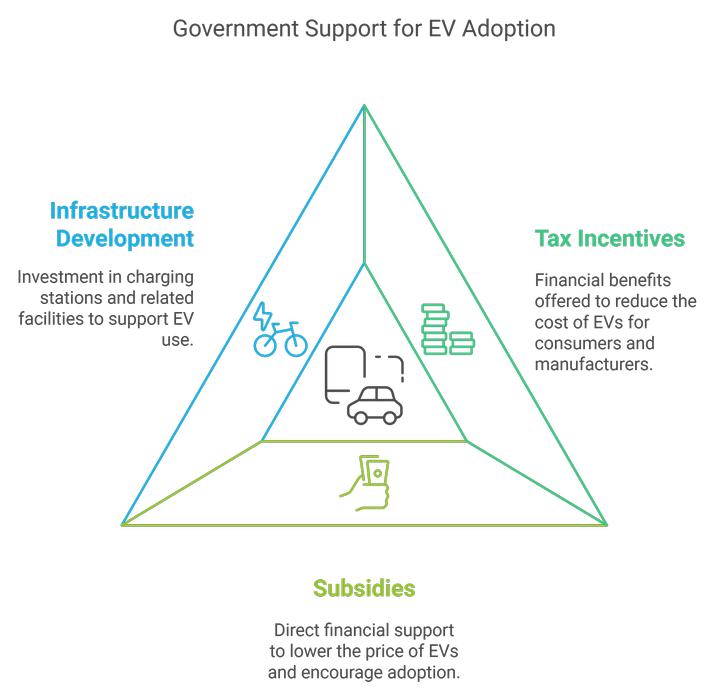
Growing Environmental Awareness
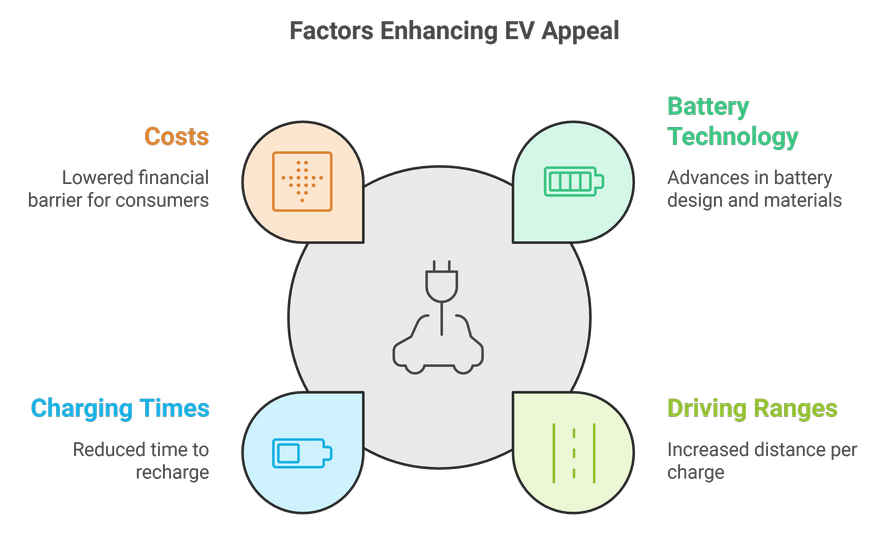
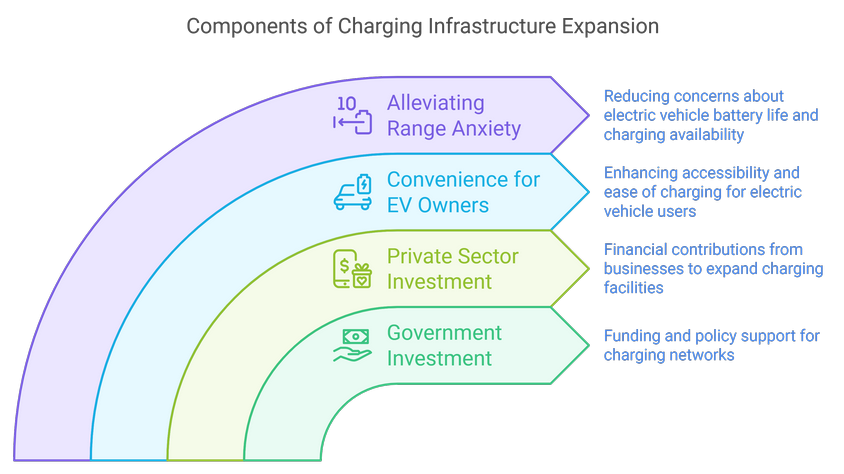
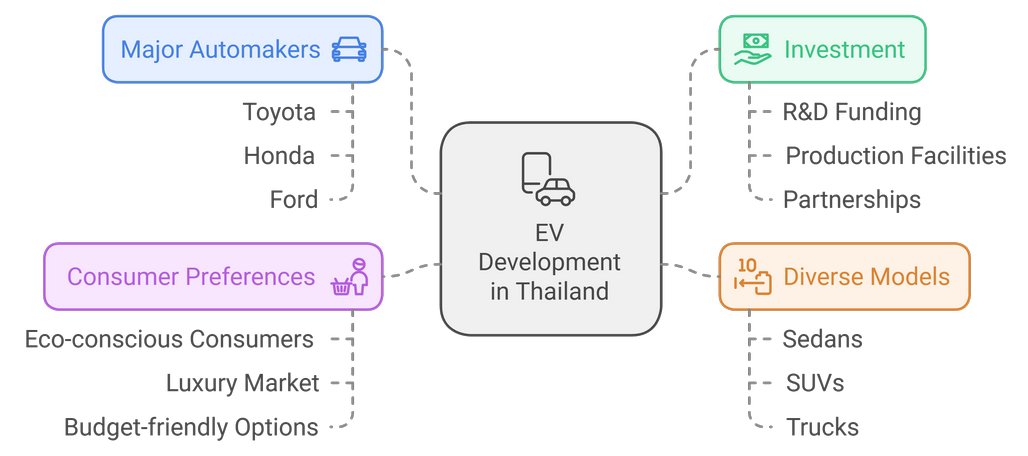
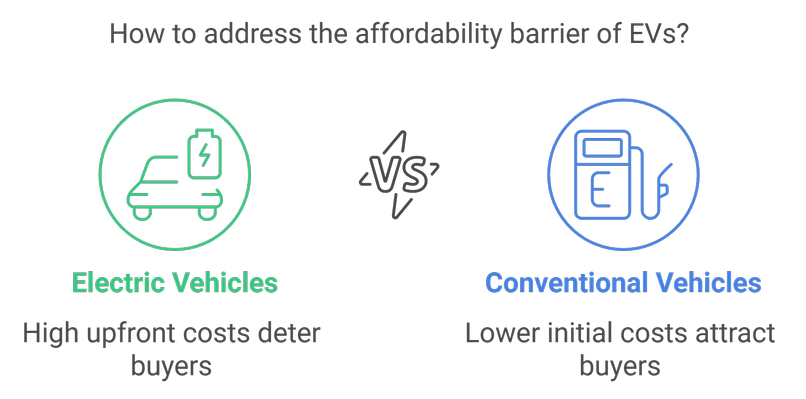
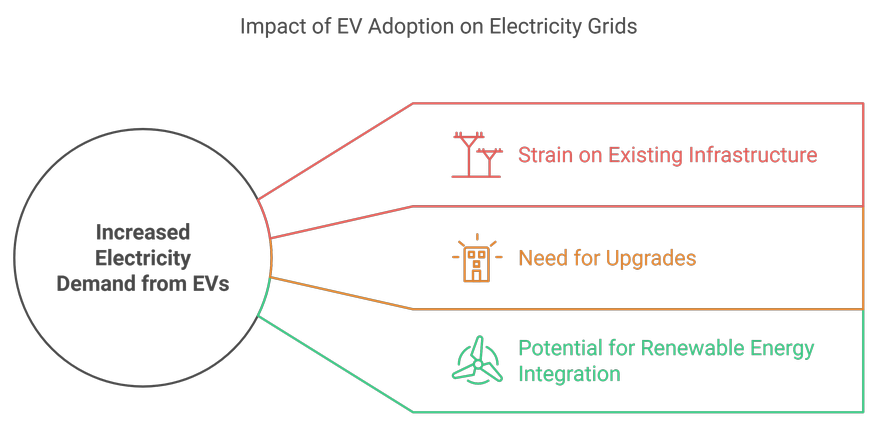
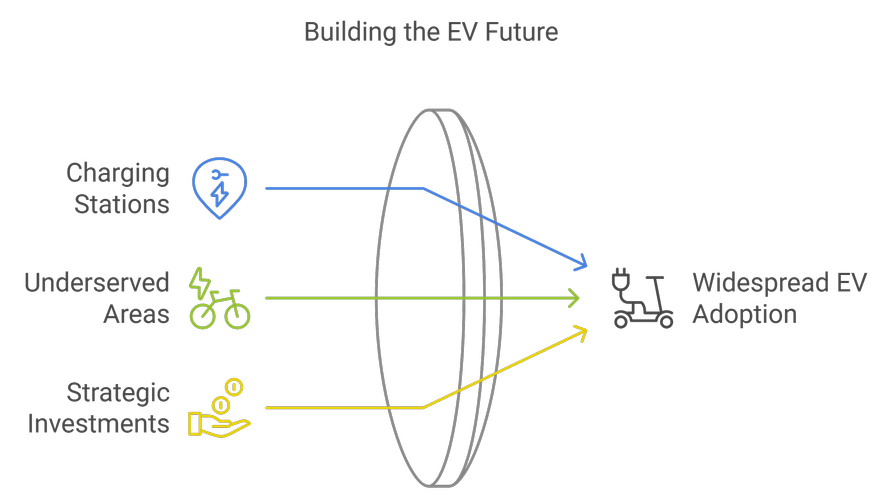
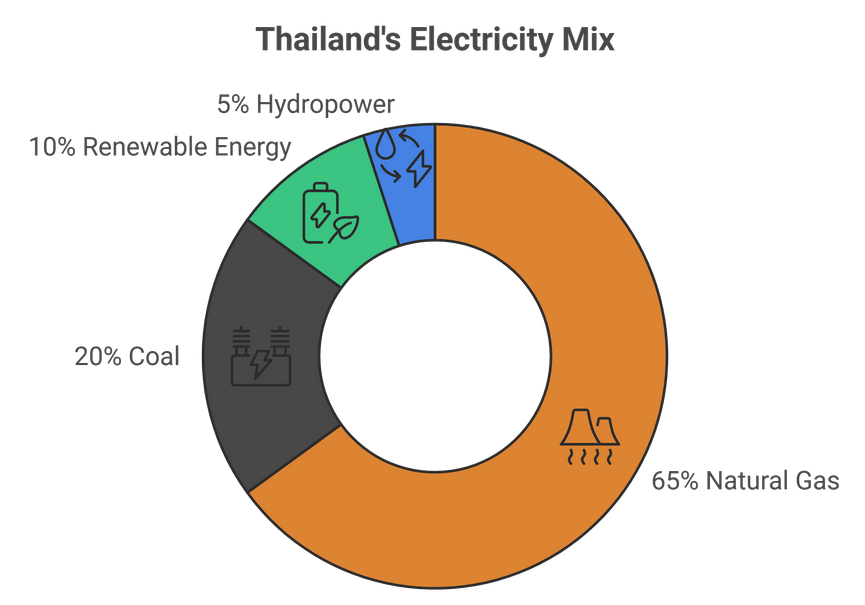
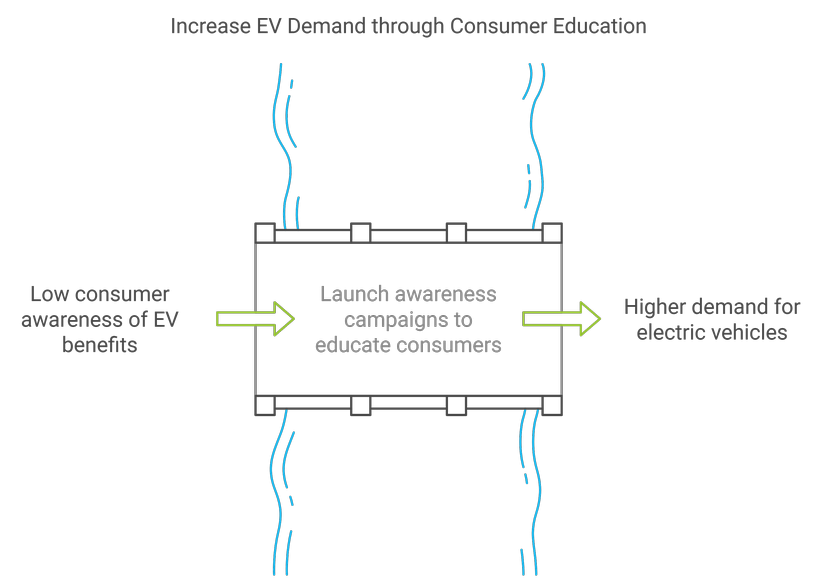
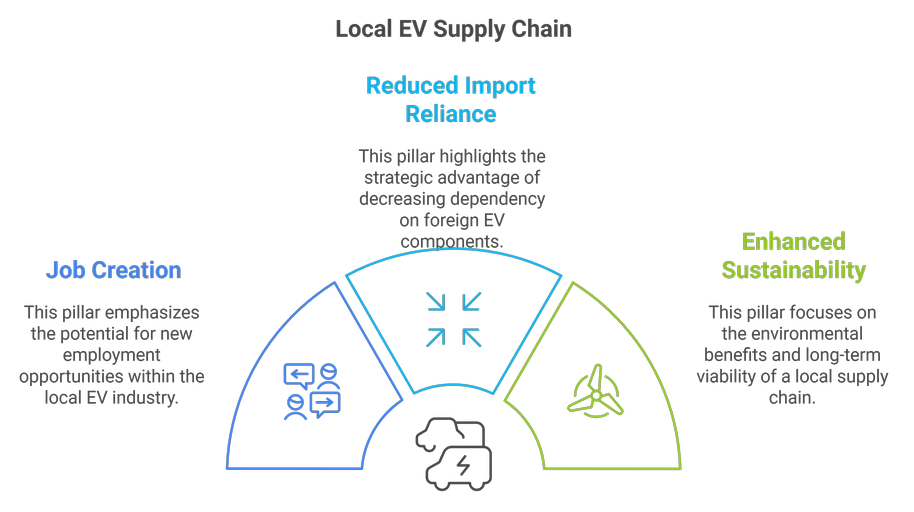
Thai consumers are becoming increasingly aware of environmental issues and the need for sustainable transportation options. EVs align with this growing consciousness, making them an attractive choice for eco-conscious buyers.
Technological Advancements
Rapid advancements in battery technology have led to increased driving ranges, faster charging times, and reduced costs, making EVs more appealing to consumers. These improvements are crucial for enhancing the overall user experience.

Expanding Charging Infrastructure
The government and private sector are investing in expanding the charging network, making it more convenient for EV owners to charge their vehicles. A robust charging infrastructure is essential for alleviating range anxiety among potential buyers.

Automotive Industry Involvement
Major automakers are investing heavily in EV development and production, leading to a wider variety of EV models available in the Thai market. This diversification will cater to different consumer preferences and needs.

Challenges to EV Adoption in Thailand
High Upfront Costs
Despite government incentives, the initial purchase price of EVs remains higher compared to conventional vehicles, deterring some potential buyers. Affordability is a significant barrier that needs to be addressed.

Limited Charging Infrastructure
While the charging network is expanding, it is still not as extensive as needed, especially in rural areas. A lack of charging stations can discourage potential EV buyers from making the switch.
Range Anxiety
Some consumers are concerned about the limited driving range of EVs, particularly for long journeys. Addressing these concerns through improved battery technology and infrastructure is essential.
Electricity Grid Capacity
A widespread adoption of EVs could strain the existing electricity grid, requiring investments in grid upgrades to accommodate the increased demand for electricity.

Consumer Behavior
Changing consumer behavior from internal combustion engine vehicles to EVs will take time and education. Building awareness and understanding of EV benefits is crucial for driving demand.
Key Considerations for Future Growth
Addressing Affordability
Continued government support and technological advancements are needed to make EVs more affordable for a wider range of consumers. This could include further subsidies or financing options.
Expanding Charging Infrastructure
A robust and convenient charging network is essential for widespread EV adoption. Investments in charging stations, particularly in underserved areas, will be critical.

Promoting Renewable Energy
Increasing the share of renewable energy in Thailand's electricity mix will reduce the carbon footprint of EVs, making them an even more attractive option for environmentally conscious consumers.

Enhancing Consumer Education
Educating consumers about the benefits of EVs and dispelling common misconceptions will help drive demand. Awareness campaigns can play a significant role in changing perceptions.

Developing a Local EV Supply Chain
Fostering a domestic EV supply chain will create jobs and reduce reliance on imports. This can enhance the overall sustainability of the EV market in Thailand.

Conclusion
In conclusion, Thailand has the potential to become a leading market for electric vehicles in Southeast Asia. By addressing the challenges and capitalizing on the opportunities, the country can accelerate the transition to a more sustainable transportation system. The future of EVs in Thailand looks promising, provided that stakeholders work collaboratively to overcome existing barriers.

